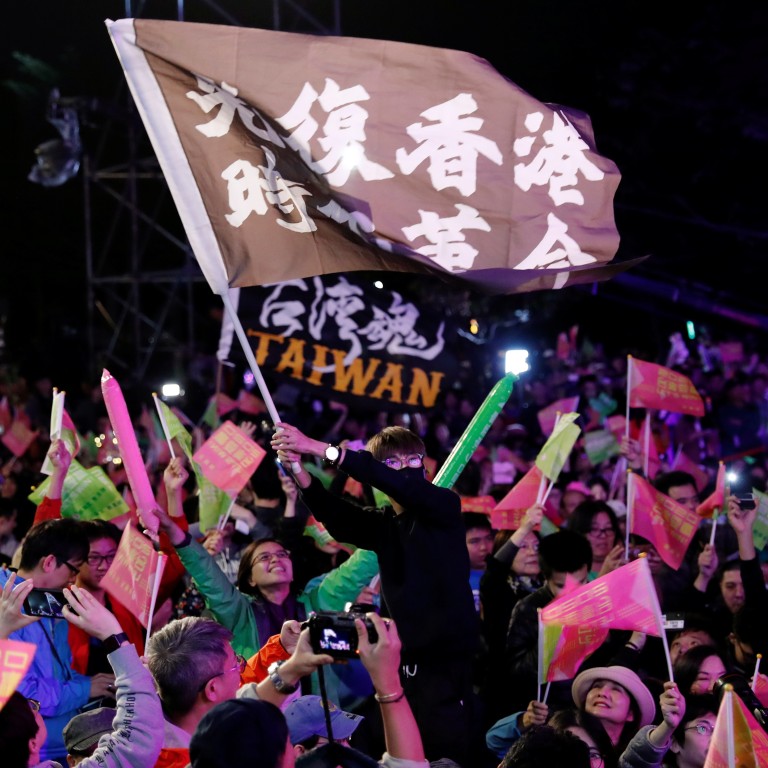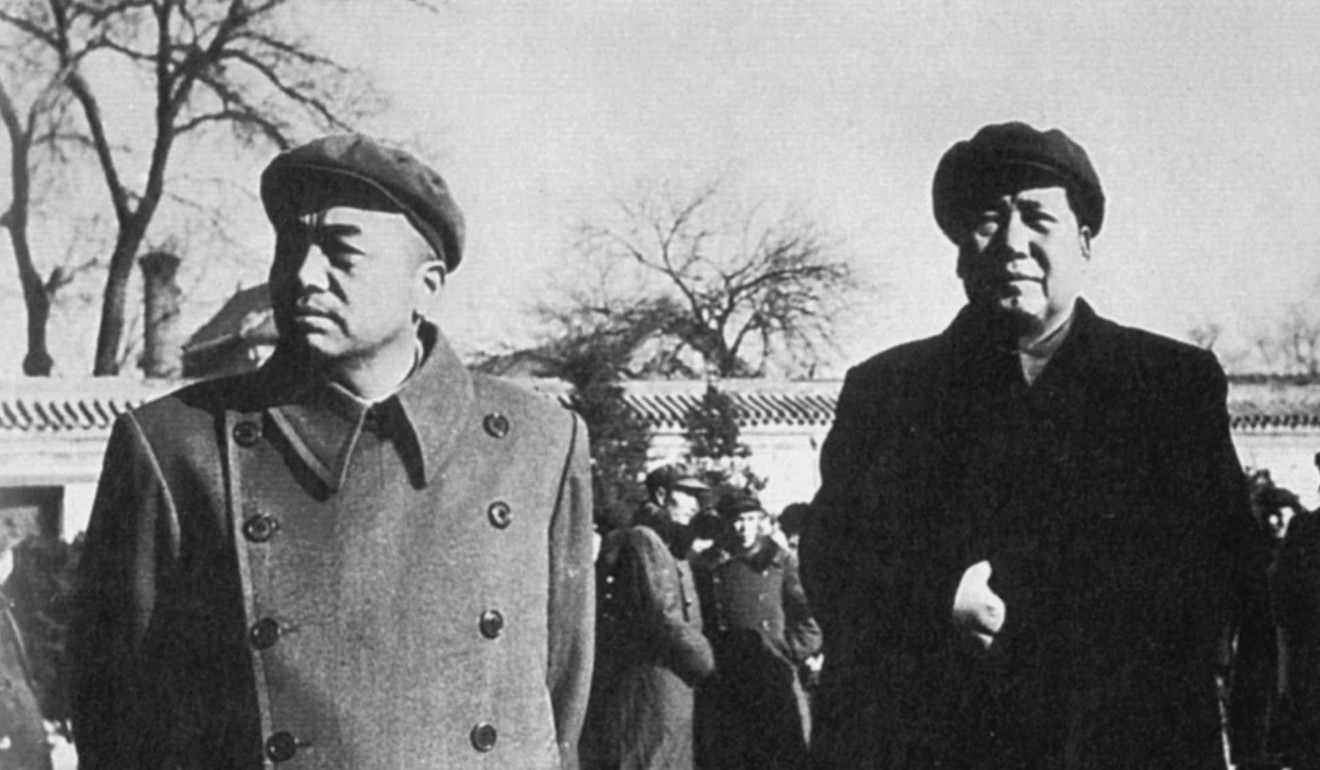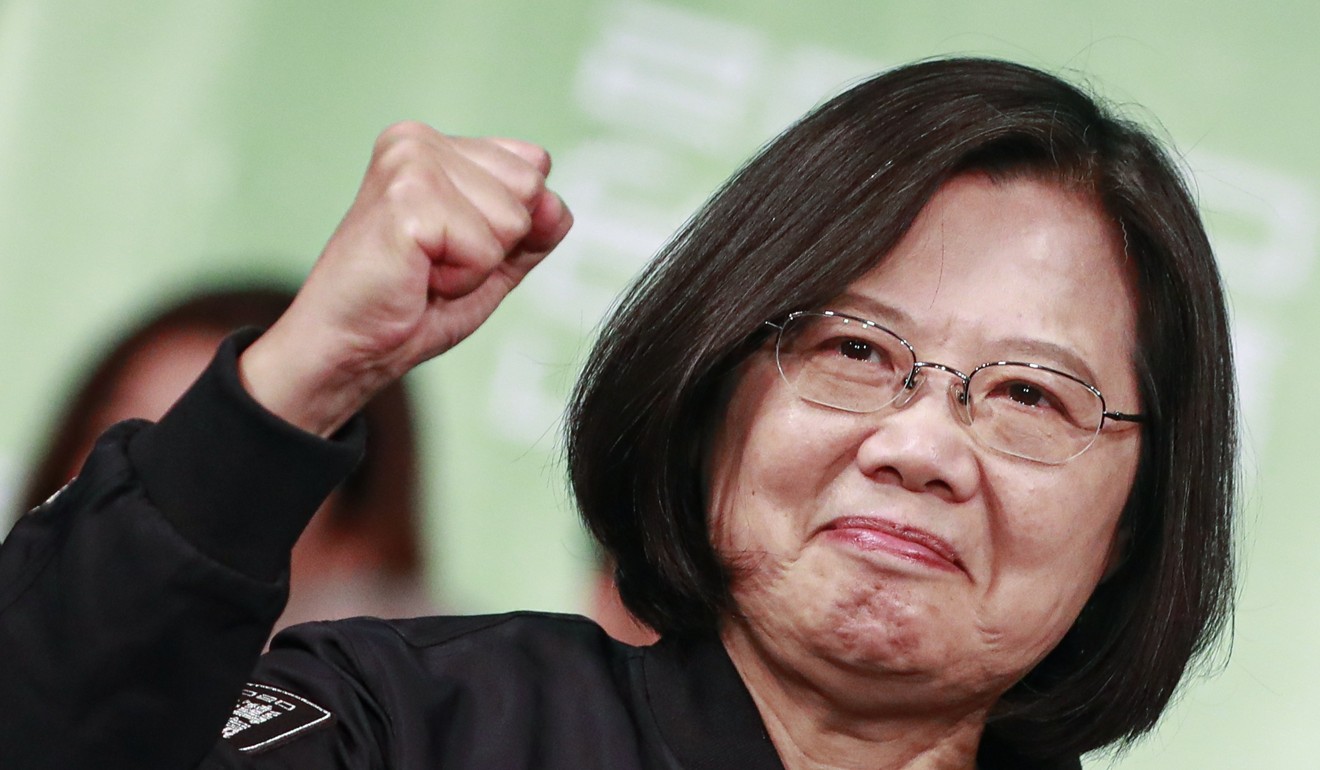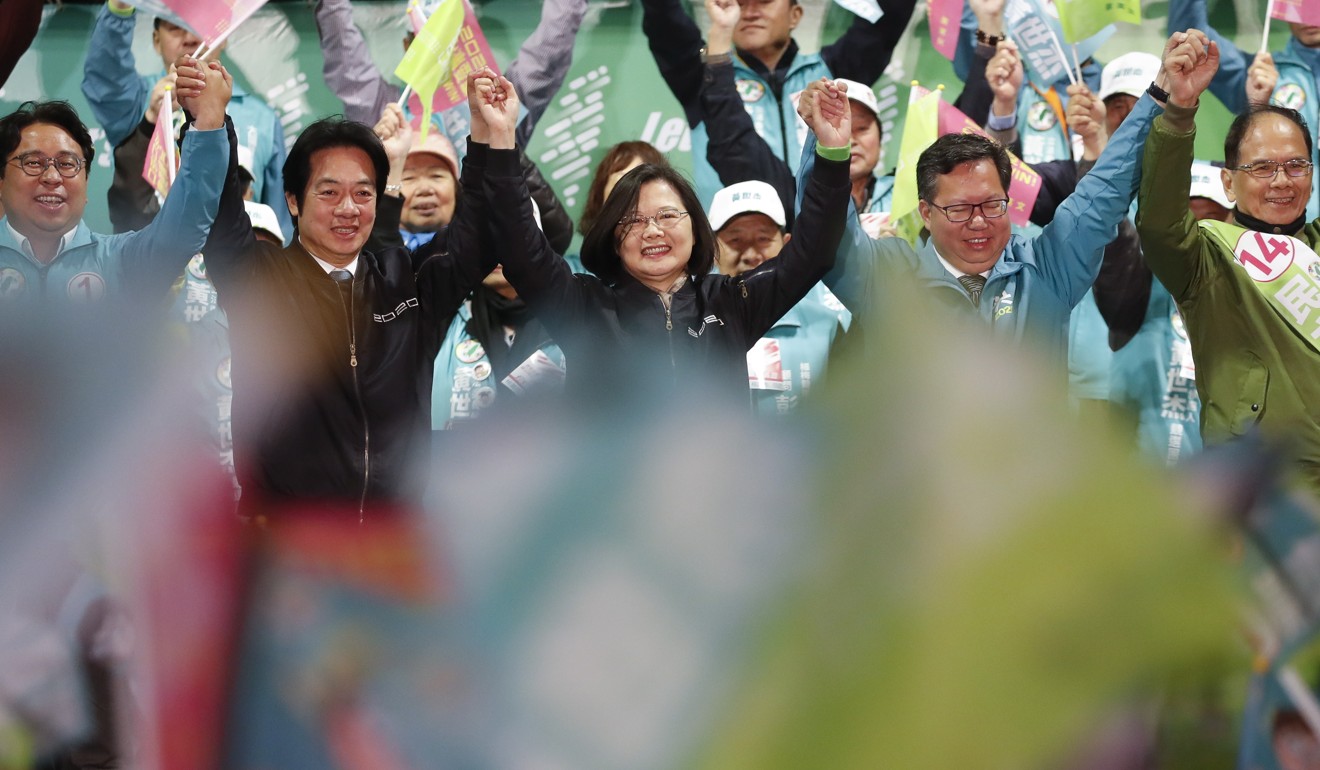
Beijing should tell Taiwan and Hong Kong what it has to gain from them
- Beijing’s own goal over Taiwan’s presidential elections should give it a sense of déjà vu
- It has never made a clear case as to how it would integrate a lively liberal democracy into its polity
Mao had declared the establishment of the People’s Republic in October 1949. The Americans assumed that Taiwan would soon fall to the new government in Beijing, and the sooner the better. That would open the way for Washington to seek recognition from Mao’s government.

Seventy years on, Beijing’s policy of self-inflicted harm on reunification seems alive and well. Last Sunday, Taiwan’s president Tsai Ing-wen was re-elected by a crushing margin. Beijing’s rhetoric in response was hardly gracious, calling Tsai a “cheat” who used “dirty tactics”, and reiterating its long-standing position that there is no alternative for the island but eventual reunification.

Beijing’s pressure will only push Taiwan further out of reach
Mao’s decision to invade South Korea was an act of ideological flag-waving. It had a certain success in stimulating nationalist feeling at home, giving a powerful boost to the domestic campaigns against “class traitors” that would lead to the consolidation of his rule on the mainland in the 1950s. There is also a strong ideological agenda today, at a time when Beijing’s government is stressing a top-down version of nationalism which allows little space for nuance.
Yet Beijing’s case for reunification has never been clear as to why Taiwan should welcome it, as opposed to why Beijing wants it. Of course the arguments of economic integration are an incentive, but as the confederation of the European Union shows, you don’t have to give up sovereignty to be part of a greater economic network. Beijing has never made a clear case as to how it would integrate a lively liberal democracy into its polity, and plenty of Taiwanese have seen what they view as the erosion of such freedoms in Hong Kong as an example of how Beijing’s promises can’t be guaranteed. There’s a lot of work for Beijing to do here.

One creative way forward for Beijing on Taiwan (and indeed Hong Kong) would be to reverse the polarity, and talk about ways that a closer relationship with these two territories would bring out the best in mainland China, rather than being some sort of inevitable destiny to endure without question. Does this sound ludicrous? Yet it was exactly what was discussed in the 1990s when Chinese leaders, including Jiang Zemin, visited Singapore to learn what the tiny city state had to offer the huge post-Tiananmen People’s Republic. It makes even more sense to open that sort of creative dialogue with territories that you aspire to control.
The Hong Kong protests have affected Taiwan vote, but Beijing won’t back down
These days, China’s rise is prominent enough that it seems to feel it has little to learn from Singapore, and the idea that Taiwan might have lessons to teach Beijing, rather than the other way round, might seem equally quixotic. Yet it’s in Taiwan that the solutions lie to what continues to be Beijing’s greatest global problem. Mainland China’s economic growth is respected around the world and its ambition inspires admiration, if not always affection. But the authoritarian instinct that leads China to demand and censure, rather than persuade and debate, and the lack of ability to respect honest disagreement, are obstacles that Beijing has placed in its own way. Taiwan has maintained a culture that is impeccably Chinese in many ways, regardless of the growing sense of separation, but shown that Chinese values are compatible with liberalism, flexibility, cosmopolitanism and openness. Responding to the election result not with fiery rhetoric, but an acknowledgement that there is something that Taiwan is doing right, is a much better path towards some sort of genuine shared dialogue. A bigger partner in a discussion should not use its power to make its interlocutor feel small.
Seventy years on, the most lasting consequence of Mao’s intervention in Korea was not the unification of the peninsula, which both the communists and anti-communists failed to do, but the continuing separation of Taiwan. Ideological bravado can be powerful, but it has a poor record in achieving what states actually want.
Rana Mitter is Director of the University China Centre at the University of Oxford and author of A Bitter Revolution: China’s Struggle with the Modern World and China’s War with Japan, 1937-45: The Struggle for Survival

